Artificial intelligence has always been a part of our daily lives. We may not notice that personalized show recommendations, traffic map updates, and TikTok’s algorithm all use AI. Since the release of OpenAI’s ChatGPT, mixed opinions have surrounded all AI use in academic settings.
There are various ways students and teachers can use AI to guide and enhance learning. As a society, we should be in more open discussion and encourage safe AI use instead of shunning it.
According to an article by The New York Times, an artificial intelligence-powered program called BakPax has turned algebra teacher Jennifer Turner’s classroom from drowsy to lively. It helps lighten the load on the teacher by reading confusing handwriting and grading. Turner is able to prepare and use class time solely for interactive learning.
Turner said, “Students are excited to be in my room, they’re telling me they love math, and those are things that I don’t normally hear.”
As a student myself, I’ve had many essays to write; AI cuts out my “brain fart” moments. Tools like ChatGPT have helped me a lot to get around mind blocks because of their human-like interactiveness.
In the same way that a teacher might guide you toward an answer without telling it to you, ChatGPT can interact with you to guide you in the right direction. I use AI when I cannot convert thoughts and ideas into clean sentences or create an outline if I don’t know where to start.
AI can personalize learning through its algorithm and machine learning; for example, ChatGPT can remember previous conversations with you and recognize learning patterns. Sometimes when you can’t get a hold of your teacher to answer more personal questions, it can act as a guiding tool.
You can continue to ask more questions that sometimes traditional search engines might not be able to answer. There have been many times when I was in pre-calculus, and now in calculus, where I’ve needed help at odd hours, in order to finish homework problems and understand hard concepts. If I’m not satisfied with the answer or am still confused, I can repeatedly ask for a better explanation.
On the flip side, critics believe that AI tools such as ChatGPT can be a detriment to learning and academic spaces. Many suggest banning such tools, because they can lead to cheating, plagiarism, lack of creativity, and resolve. The problem starts when individuals use ChatGPT without the intention of learning and understanding.
I’ve seen a few people who genuinely copy and paste everything ChatGPT gives them. There are times when I find myself stumped or impatient; I can’t work towards a solution since ChatGPT has always been there to instantly gratify me with an answer.
The convenience of AI tools may also encourage those who are heavily reliant on them to procrastinate and abandon good habits such as time management, organization, and accountability. Schools and other spaces should be educating and communicating more on how people should use these tools, rather than vaguely labeling AI as immoral or dishonest.






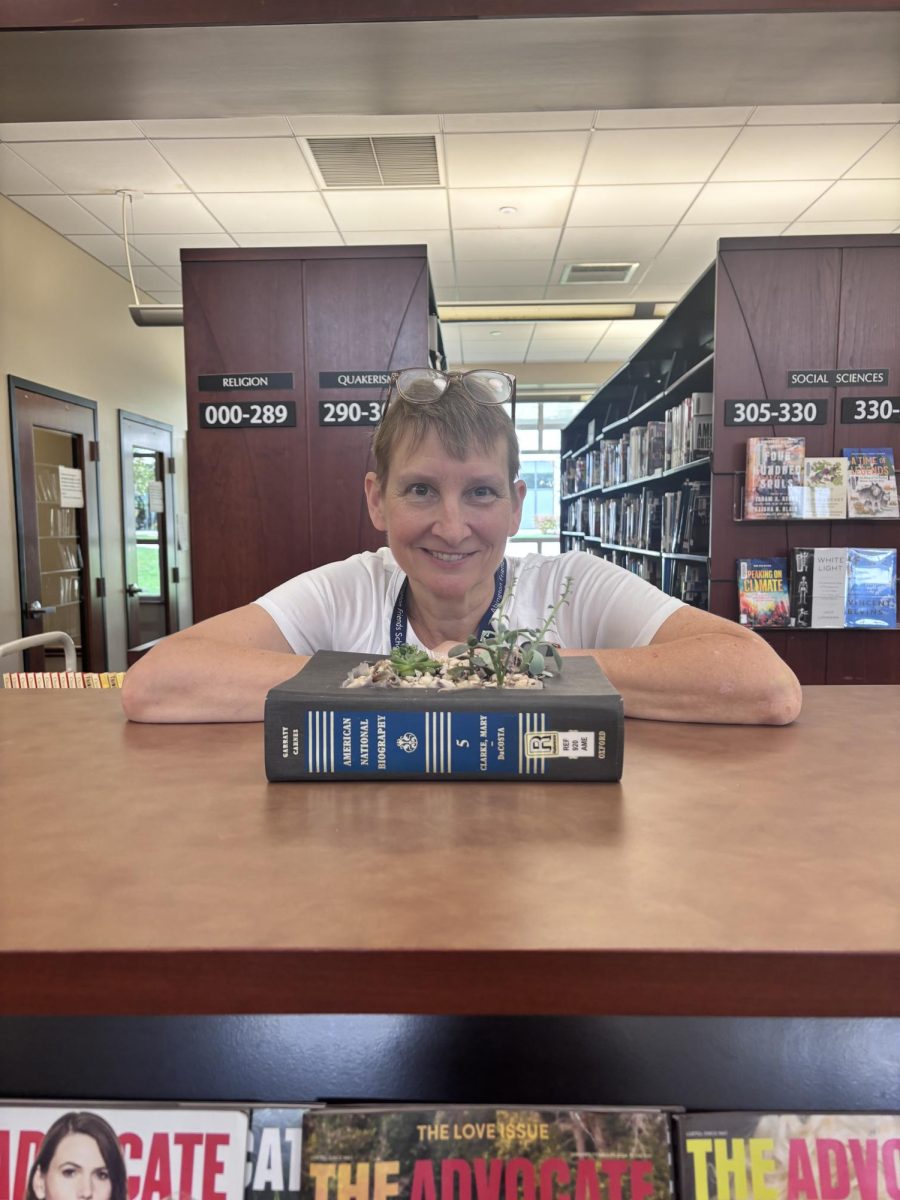



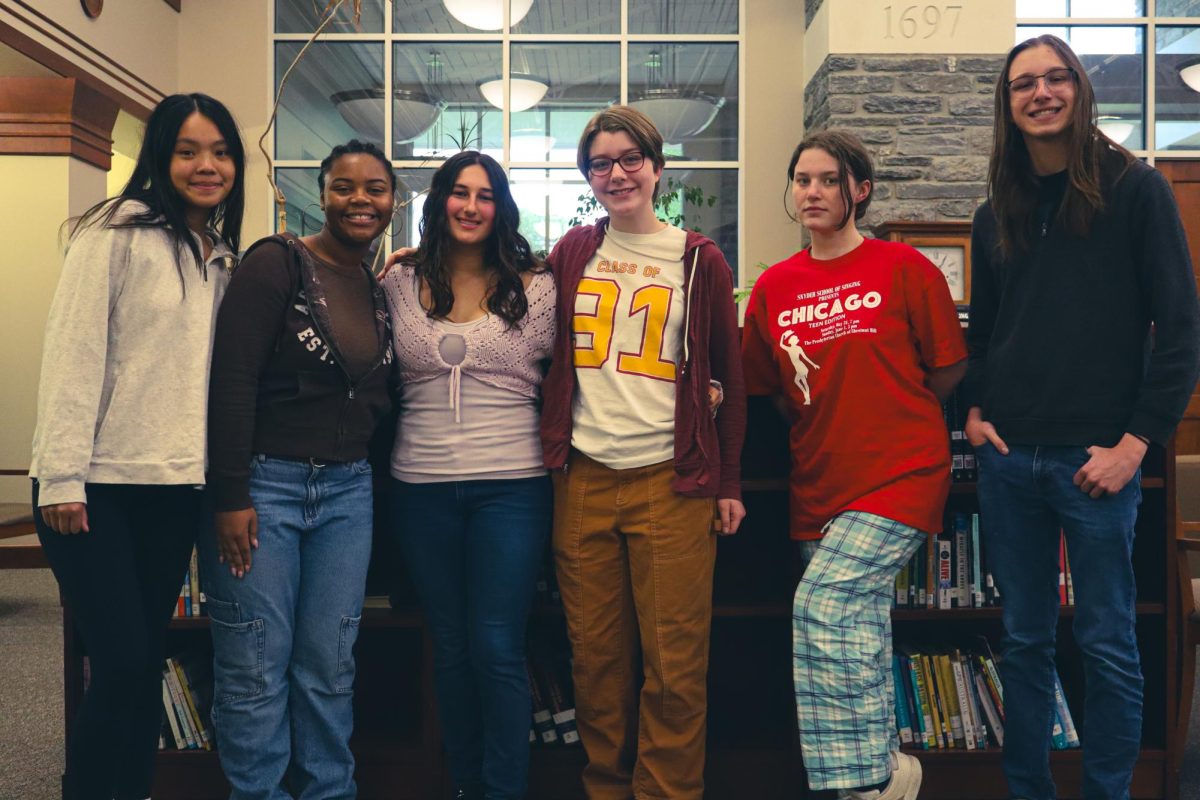



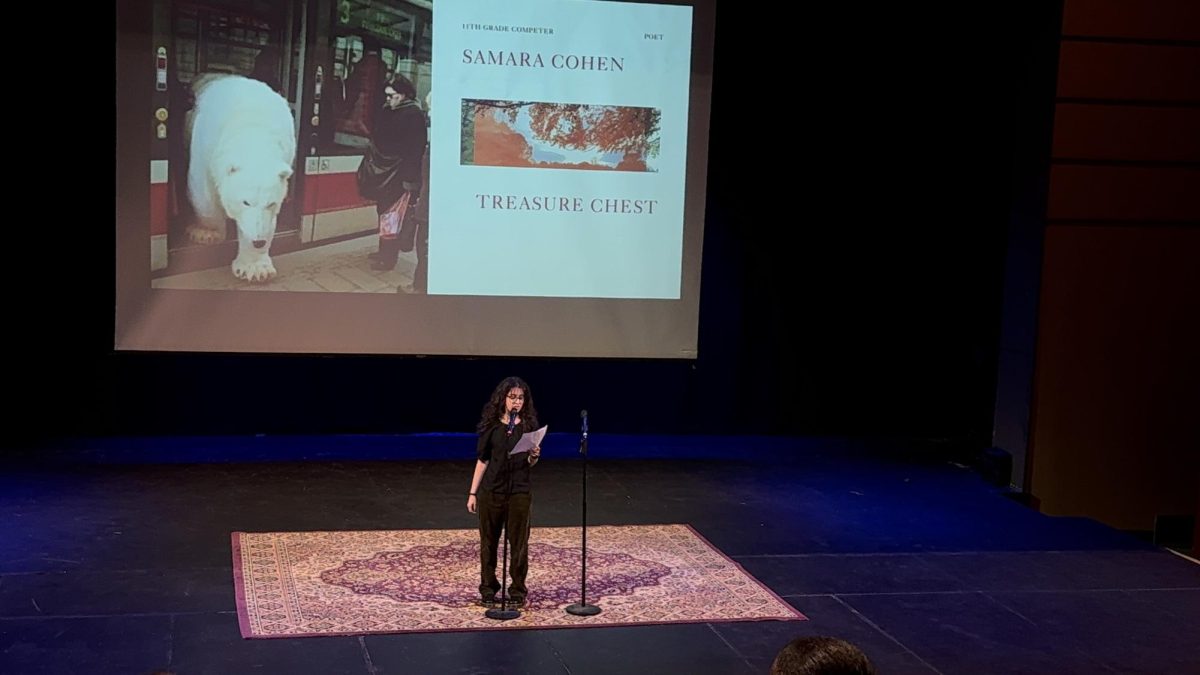


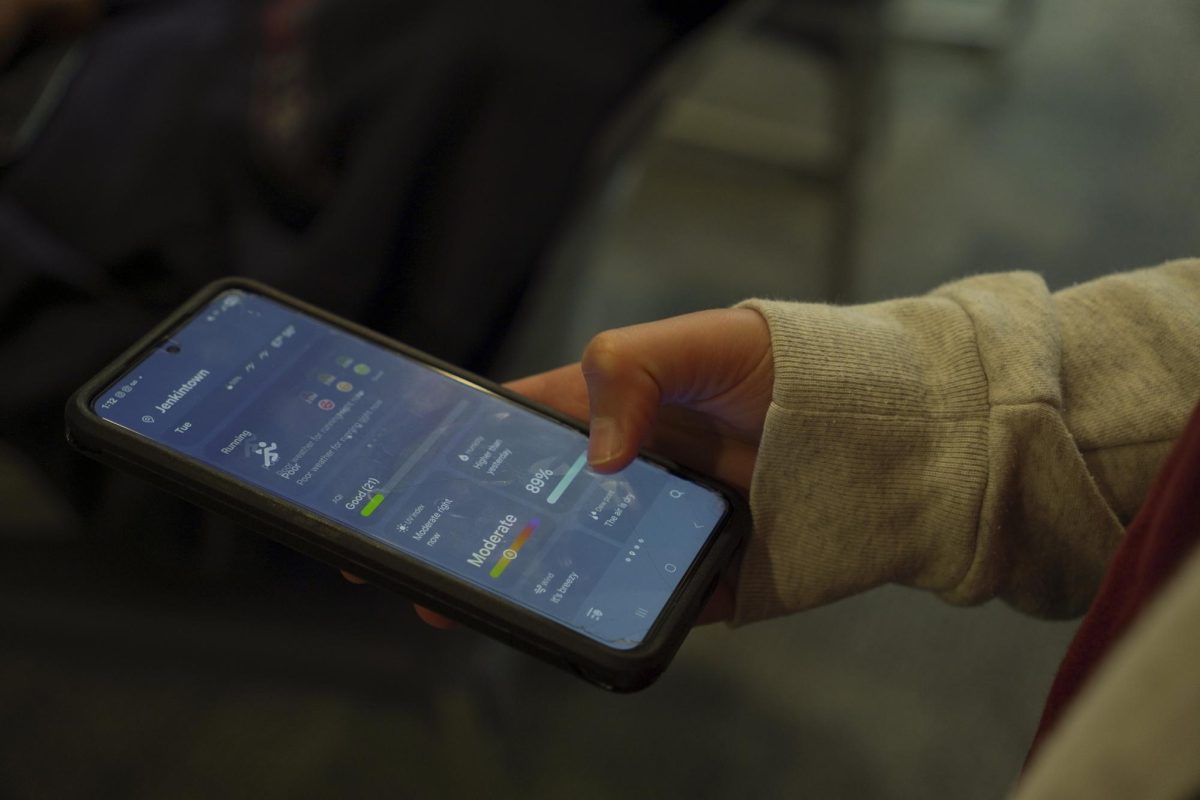






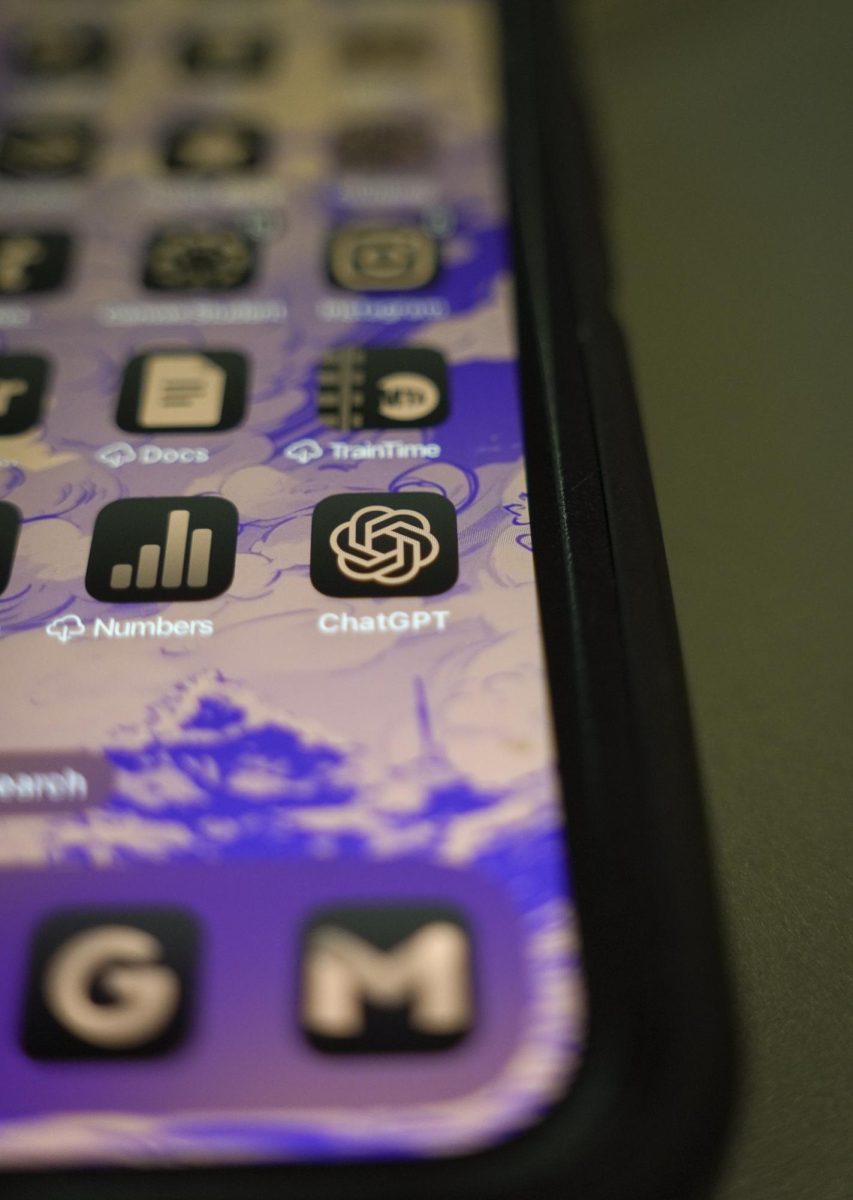

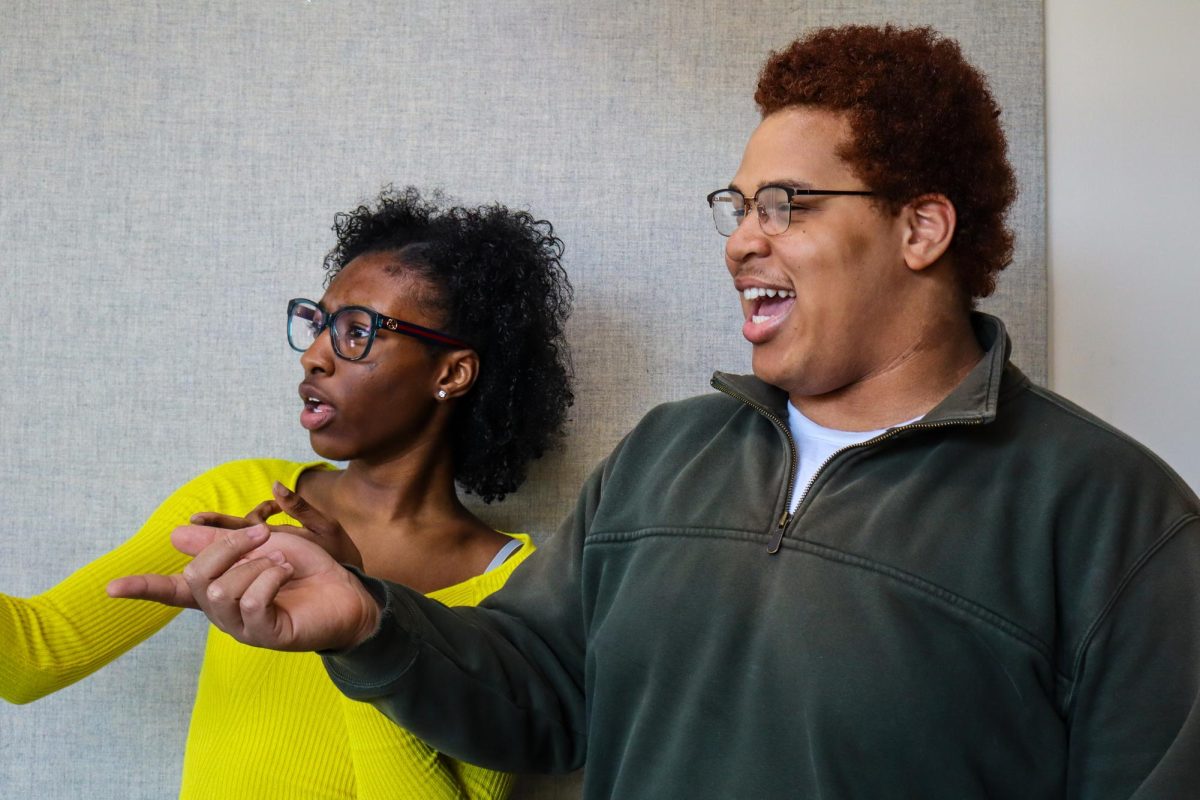

Avani • Dec 13, 2024 at 10:34 am
I read the article “AI Doesn’t Kill Your Mind, Instead Nurtures it.” I think that the author’s experience is relatable in a way because I have used AI to help me further understand homework or other academics. At the same time, AI isn’t a person and is very susceptible to error in a way a human is not. My most common uses with AI are usually social media and maps, and when it comes to a GPS, it usually takes you the longer route or a route that just simply doesn’t make sense. So while AI is helpful, it can also be inconvenient.
Willa • Dec 12, 2024 at 1:43 pm
I read the article “AI Doesn’t Kill Your Mind, Instead it Nurtures it.” I partially agree with the author’s opinion, but I mainly disagree with it. I do think that AI can be helpful in specific situations and if it is being used correctly, but it can be harmful if you take advantage of the possibilities. I agree that AI is useful for apps like social media ‘for you pages’ and maps, but AI can give incorrect information if you don’t word your questions correctly or just in general. I’ve tried to use AI in similar ways as the author, but many times it has been ineffective for learning benefits. I have experienced and observed less responsible uses of AI, and I think this is much more common then it is to actually learn from AI. AI can take away from your creativity and from the learning experience. I think that AI could be much more effective to help students learn if AI safety was taught in school.
Max MacKenzie • Dec 12, 2024 at 1:11 pm
I agree with “AI Doesn’t Kill Your Mind, Instead It Nurtures It.” I think it would be more productive in the long term to embrace AI than to shun it. Similar to Prohibition, if AI is banned, it will still be used, but only for evil intent. If it is embraced, some good can come from it. If teachers can educate students and encourage good habits, then we can work to achieve a world where AI helps always. I, myself, when researching, use chat gpt, I admit. However, I don’t rely completely on the source and search multiple pages to confirm the information. I still have grown a habit to not use it in school. If we can learn to use it to educate students rather than rendering homework useless, we can take advantage of this amazing tool and, entering a new world, “hit the ground running.”
NJ'28 • Dec 12, 2024 at 8:37 am
I somewhat agree with this perspective. I personally think that AI is really interesting, but I also know when used incorrectly it could cause harm. I think that if people learn to use it correctly and use accountability it would be used more in schools. I have used AI before to think of titles or to generate practice problems and many other things. But I also have seen kids get in trouble for “cheating” and or “plagiarizing.” If people were restrained from just copy and pasting everything and instead used it to help themselves, AI could be very important.
Wyatt • Dec 12, 2024 at 8:28 am
I agree with the perspective of this article. I think AI although it can be used to cheat can be used to be very helpful. I have used AI in similar ways to the author. I have also used it the check grammar and have better choice of words in things I have written. I have seen people in past years and this year use Chat GPT to write full essays. I think that is not good. I think that if you do that it is very detectable and also it takes away from you learning anything. So on a test you will know none of the information.
Natalie • Dec 2, 2024 at 1:12 pm
I agree with the perspective of this article, how AI, instead of impeding one chance to learn, nurtures it, allowing one to successfully express and complete oneself. I use AI very similarly to the way the author uses it, reserving information I just can’t find on Google and using it when I get that “brain fart,” unable to think of a word or idea at that exact moment. The biggest thing that AI gives me is the ability for it to help me study proficiently. I am able to ask AI to conjure up a study set or guide in just seconds, something that would take me hours. I often use Quizlet as well, which enhances my learning of languages, allowing me to actually speak and have conversations with someone entirely in French. I understand that there are many cases where AI is misused, causing a decline in its look, but in my opinion, the benefits outweigh the negatives, and it is all up to the person whether or not they decide to take their education seriously.
Drew Shenkman • Nov 28, 2024 at 11:55 am
I agree with this article’s arguments, especially that as technology advances, so should schools. I hardly use AI for anything school-related because I have had a few occasions where it has provided me with inaccurate information. I will only use AI for specific prompts that common search engines like Google and Safari would have a hard time answering. I find that those who use AI for large assignments are usually in a time-crunch situation and use it as a last resort. Still, I think Abington Friends School does a good job of determining when AI is used and handling the situation. The evidence used in this article is terrific. I loved how each grade was represented with quotes, displaying how there is a common attitude toward AI at AFS.
Sylvie • Nov 26, 2024 at 8:43 am
I agree, I think that this article really shows the positivity to using AI like ChatGPT. Even though I never really use ChatGPT or other AI for school work, I am glad that this article shows that not all uses of AI people use for school is used in a negative way, instead it can improve our learning in a way that will help us to understand in a way that might be easier than learning from a teacher. Sometimes in classes I can often get confused by what a teacher is saying, and even if I ask more questions it doesn’t always click for me. This seems like a good way that I can get help that understands how to teach me based on what I need. I hope other people will use it for when they need help too.
Neiko • Nov 26, 2024 at 8:31 am
6. I do agree with this article. The way the author describes how people are using it is nice, I like when people use it when they are stuck on something or if they need something to explain, it helps out a lot. But one other thing it can do is do all fo your work for you. I feel like so many people don’t do a lot of their work because they just put the questions into AI and then they don’t really learn anything. That’s where it can start to be a problem. I’ve observed a less responsible way for people to use AI. They just use it to do their work for them. I don’t think that’s helping them at all. Ai can be used for good and for bad.
Student • Nov 26, 2024 at 8:19 am
I agree with this perspective of AI as it mentions both the positive and negative uses of it. I use AI all the time for school, not to write an entire essay for me or to just give me the answers to a math sheet, but to instead reteach me material or help me synthesize my ideas. Obviously AI will always be used by people to do their assignments for them, but outright banning AI gets rid of many opportunities for it to be used to guide people to make a better assignment and help them do their work.
Adalyn Smith • Nov 26, 2024 at 8:11 am
Although I haven’t used AI for any school related things, I definitely think that AI is a pretty good tool for when you are stuck or need a quick explanation for something. I have used it for projects on my own and it turned out well. My only concern is knowing if AI is actually right or not and sometimes I have found myself looking up the answer just to make sure, but all and all I think we should explore it more to see the benefits it may have.
Jaylan Moore • Nov 25, 2024 at 1:13 pm
I definitely agree with this article. I haven’t used AI that much until recently with a history assignment and it helped so much with getting over the writers block I was having and giving me new ideas on topics to write about. I was stuck for days not knowing how to continue and having gotten nothing and decided to try it out and it instantly gave me lots of new ideas and motivation to continue writing. I also might eventually use it for things like formatting and structuring writing assignments. AI can be used as a great tool to benefit learning and not interrupt it when used properly and it could even be used by teachers for different things.
Amir • Nov 25, 2024 at 1:03 pm
I am in the middle of AI nurturing us but this can be a heavily debatable topic. I like the classroom example of how AI made the students experiment or use AI. The only downside of AI is plagiarism, which could be not helpful at times. You might not even notice Ai is around us all the time in our lives. I think for the most part they should ban using AI for big projects or writing direct sentences in an essay. But I think copying and pasting everything from ChatGPT is a bit crazy. Some information could be wrong or not clear in a way that you don’t get it.